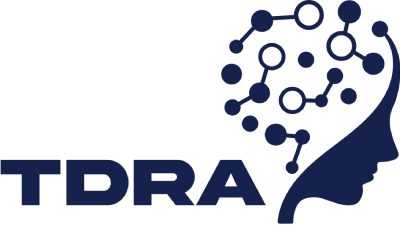Multimodal Assessment for Predicting Specific Pathological Substrate in Frontotemporal Lobar Degeneration
Observational Study
Get in touch about this studyWhat is the study about?
This study aims to evaluate different tests such as brain imaging, skin biopsy, eye tracking, blood and spinal fluid analysis, clinical and cognitive assessments and determine which of these tests work best in the diagnosis of Frontotemporal Lobar Degeneration (FTLD). This information will be used to help us understand why and how FTLD occurs and guide future diagnosis and treatment.
Eligibility–Who can participate?
Patients and Healthy volunteers who satisfy the following:
- Be 18 to 90 years of age
- Patient participants will need a reliable study partner who can provide information on the participant’s behavior, thinking and functioning. Healthy volunteers will not be required to have a study partner.
- Be able to read, understand and speak English for neuropsychological testing
- Either be a healthy volunteer or have a diagnosis of:
- Frontotemporal dementia (FTD)
- Corticobasal syndrome (CBS)
- Progressive supranuclear palsy (PSP)
- Primary progressive aphasia (PPA)
Time requirement: 2 full days during which the following assessments are performed:
- MRI brain scan
- PET brain scan
- Blood draw
- Eye scanning
- Skin biopsy
- Spinal tap
- Clinical assessment – medical history, physical and neurological exam
- Neuropsychological testing
- Study partner questions for patient participants
TDRA investigator
Dr. Carmela Tartaglia
More information
https://clinicaltrials.gov/ct2/show/NCT02964637
TDRA Site:
University Health Network (UHN)-Toronto Western Hospital,
Address: 399 Bathurst Street, Toronto ON M5T 2S8
Age Group:
18 - 24, 25 - 29, 30 - 39, 40 - 49, 50 - 54, 55 - 59, 60 - 64, 65 - 69, 70 - 80, 81 - 85, 86 - 90
Target Population:
Corticobasal Syndrome (CBS), Frontotemporal dementia (FTD), Healthy volunteer, Primary Progressive Aphasia (PPA), Progressive Supranuclear Palsy (PSP)
